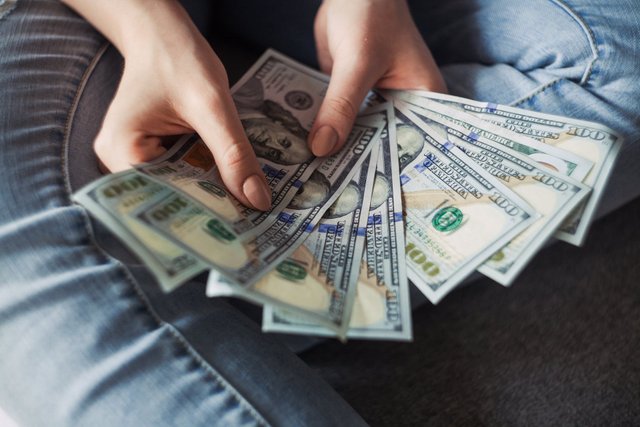The Relationship Between Money and Happiness - Why Being Happy is More Important Than How Much You Have
The relationship between happiness and money, it seems, is much more complex than you might imagine. At first glance, money and happiness seem to belong in different worlds. But money and happiness do indeed belong together. Fortunately for you, though, you do not need to do the messy untangling by yourself. Over the last quarter century, psychologists and sociologists have banded together in a effort to sort out just the why-and-hows of money and happiness.
In a new book, Getting You Noticed, an acclaimed psychologist named Jessica Tracy recommends that you look at how you spend your money each month and ask yourself if you are happier, healthier, wealthier or more satisfied with your life. Your answer will tell you whether you are spending your money on what you want, how you want to spend it, and how happy you are. The book points out that you will find that, if you keep track of how much you spend on clothing, entertainment, eating out, cosmetics, vacations and so forth, you will quickly be able to see which categories you fit into and which ones you do not. When you start to get used to this, however, you may be surprised to find that money and happiness do indeed go hand in hand.
To get a clearer picture, think of your overall well-being as determined by several factors, such as your attitudes about your job, health, relationships, education, hobbies, social activities and so on. Money and happiness then depend on how well-off you are as a whole. Money, according to the book, is an essential aspect of well-being. People who are better off financially have higher levels of overall well-being, are happier with their jobs and have stronger bonds with family and friends.
The more money you have, of course, the happier you are, as well as how happy you are with your life. According to the research, the fulfillment curve, which shows the relationship between income and levels of satisfaction, runs smoothly along the line of money. As your income increases, the satisfaction level also increases. Money and happiness then move in a straight line.
In order to further explore whether money and well-being goes hand in hand, consider a couple of examples. Imagine that your neighbor's annual income is $80,000. Then consider how much money she spends on her car insurance, groceries, utilities, recreation and other expenses. If you were to calculate the amount of time she would need to devote to these activities to be able to bring her complete well-being, you would find that her total cost of living is much lower than your neighbor who lives in a much wealthier neighborhood.
If you look at what your parents spend on their lives, you will see that they are much happier than you are. Their enjoyment of life comes from their family and their enjoyment of spending time with friends. They spend less time shopping because they are able to get cheaper items at a local store, and they spend less time performing activities that bring them little or no fulfillment.
By looking at how much time people like you spend being happy instead of how much time they spend being unhappy, we can get used to how much happier we are. Then, we can begin to change our spending habits. By changing our spending habits, we can find more money and more fulfillment in our lives. We simply become happier with our circumstances.
This same psychology professor shared that by buying happiness, we have to first change our spending habits. In other words, we must learn how to buy happiness instead of what we think that we need. We must become mindful of the things that bring us happiness and then we can begin to apply the theory of purchasing happiness to our lives. By doing this, we will be able to stop the downward spiral of spending money and start to live in abundance.
